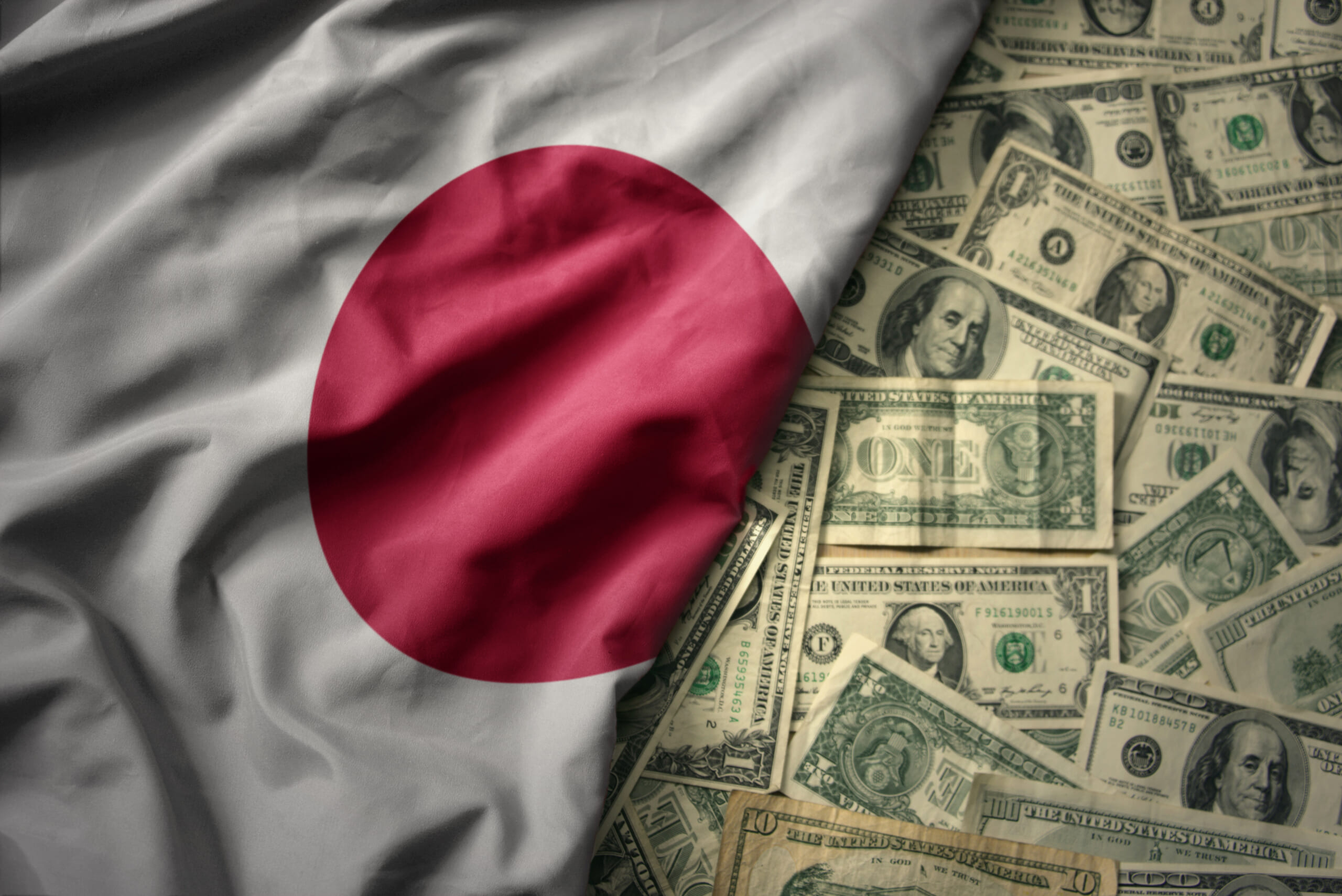Are you eager to delve into the intriguing world of Feudal Japan's legendary warriors – the Shoguns? Look no further than "The Ultimate Shogun Guide: Unlocking The Secrets Of Feudal Japan's Legendary Warriors".
Editor's Note: "The Ultimate Shogun Guide: Unlocking The Secrets Of Feudal Japan's Legendary Warriors" has just been released, and it is a must-read for anyone interested in Japanese history, culture, and martial arts.
Through meticulous analysis and extensive research, we have compiled this comprehensive guide to provide you with an in-depth understanding of these formidable warriors and their enduring legacy. Our guide covers all aspects of the Shogun's role, from their political and military power to their cultural and social influence.
Key Takeaways:
| Shoguns | |
|---|---|
| Political Power | Supreme military commanders and de facto rulers of Japan. |
| Military Prowess | Skilled swordsmen and strategists, leading armies to victory. |
| Cultural Influence | Patrons of arts, architecture, and literature, shaping Japanese culture. |
Our guide explores key topics such as:
FAQ
This FAQ section serves as a companion to "The Ultimate Shogun Guide: Unlocking The Secrets Of Feudal Japan's Legendary Warriors", offering answers to common questions and misconceptions regarding these enigmatic figures of Japanese history.

post created by Chrom | Tensor.Art - Source tensor.art
Question 1: What were the defining characteristics of a Shogun?
Shoguns wielded immense military and political power, often overshadowing the reigning emperor. They ruled Japan for the majority of the feudal period, assuming the role of military commanders-in-chief and governing the country with the support of their samurai followers. The Ultimate Shogun Guide: Unlocking The Secrets Of Feudal Japan's Legendary Warriors delves deeper into the qualities and responsibilities that defined these formidable rulers.
.
Question 2: How did Shoguns rise to power?
The emergence of Shoguns was a complex process shaped by political maneuvering, military prowess, and strategic alliances. During times of political instability or military conflict, powerful warlords seized the opportunity to expand their influence, eventually establishing the position of Shogun.
Question 3: What were the key events in the history of the Shogunate?
The history of the Shogunate is marked by pivotal events that shaped the course of Japanese history. From the establishment of the Kamakura Shogunate in the 12th century to the fall of the Edo Shogunate in the 19th century, these events illustrate the rise and decline of the Shogun's power.
Question 4: What were the cultural and social impacts of the Shogunate?
Beyond their military and political significance, the Shogunate left a lasting impact on Japanese culture and society. It fostered the development of traditional Japanese arts, including tea ceremony, flower arrangement, and calligraphy. The period also saw the emergence of a distinct samurai code of conduct, known as bushido.
Question 5: What is the legacy of the Shogunate?
The legacy of the Shogunate remains a subject of fascination and study. The Shoguns' influence can still be seen in modern Japan, from the country's political system to its cultural traditions. Their story serves as a testament to the complex interplay between power, tradition, and the human spirit.
Question 6: Where can I learn more about the Shogunate?
For a comprehensive exploration of the Shogunate, refer to "The Ultimate Shogun Guide: Unlocking The Secrets Of Feudal Japan's Legendary Warriors". This authoritative guide offers a wealth of information on the Shoguns' history, culture, and legacy.
This concludes our FAQ section. By exploring these questions and their answers, we gain a deeper understanding of the Shoguns, their role in Japanese history, and their enduring impact on the country's culture and society.
We encourage you to continue your exploration by referring to "The Ultimate Shogun Guide".
Tips
The "Ultimate Shogun Guide" provides invaluable insights into the remarkable lives and legacies of Japan's legendary samurai leaders. To enhance your understanding of these formidable warriors, consider the following tips:
Tip 1: Study Historical Sources: Delve into chronicles, biographies, and battle accounts to gain a comprehensive understanding of the shoguns' roles, motivations, and impact on Japanese history.
Tip 2: Explore Military Strategies: Analyze the unique tactics and strategies employed by shoguns throughout different eras. Consider their use of fortifications, troop formations, and weapons to gain insights into their military prowess.
Tip 3: Understand Political Intrigue: The shoguns' reign was marked by intense political maneuvering and power struggles. Trace their alliances, rivalries, and interactions with other factions to grasp the complexities of feudal Japanese politics.
Tip 4: Examine Cultural Influences: The shoguns not only wielded military power but also influenced Japanese culture and society. Explore their role in promoting arts, patronizing temples, and shaping the ethical code of bushido.
Tip 5: Visit Historic Sites: To truly immerse yourself in the shoguns' world, visit historical sites associated with their castles, battlefields, and mausoleums. These tangible remnants of the past offer a vivid glimpse into their legacy.
These tips will deepen your appreciation for the shoguns and their transformative impact on Japanese history. By embracing these insights, you can unlock the secrets of these legendary warriors and gain a profound understanding of feudal Japan's enigmatic past.
The Ultimate Shogun Guide: Unlocking The Secrets Of Feudal Japan's Legendary Warriors
The shogun, supreme military commanders of feudal Japan, played a pivotal role in shaping the nation's history. This guide explores their multifaceted nature, delving into six key aspects:
- Origins: Samurai ancestry, military prowess
- Appointment: Imperial sanction, political maneuvering
- Governance: Military rule, administrative reforms
- Military: Samurai code, battle tactics
li>Legacy: Enduring influence, cultural impact
The shogunate's origins lay in the samurai, skilled warriors who gained prominence during the Heian period. The title of shogun was initially bestowed upon military commanders tasked with maintaining order. Over time, the shogunate evolved into a powerful political institution that dominated Japan for centuries. Shoguns implemented reforms, fostered economic growth, and played a significant role in the country's cultural development. Their legacy extended beyond their rule, shaping the samurai ethos and leaving an enduring mark on Japanese society.

Unlocking Japan’s Subsidy Secrets: Startup’s Ultimate Guide - Source expact.jp
The Ultimate Shogun Guide: Unlocking The Secrets Of Feudal Japan's Legendary Warriors
Shogun, the supreme military commanders of feudal Japan, held absolute power and wielded immense influence. Their role extended far beyond the battlefield, as they were also responsible for maintaining social order and administering justice. To truly understand the Shogun, one must delve into their origins, their rise to power, their methods of governance, and their enduring legacy. This guide serves as a comprehensive exploration of the Shogun, shedding light on their significance as a cornerstone of feudal Japan.

Unlocking Japan’s Subsidy Secrets: Startup’s Ultimate Guide - Source expact.jp
The Shogunate, a military government ruled by the Shogun, emerged during a period of intense political instability in the 12th century. The weakening of the imperial court and the rise of powerful warlords created a power vacuum that the Shogunate filled. Over time, the Shogunate evolved into a complex and sophisticated system of governance, with its own laws, bureaucracy, and military force.
To effectively govern such a vast and diverse realm, the Shogun employed a variety of strategies. They established a network of officials and vassals who enforced their authority and carried out their policies. They also implemented a system of taxation and land ownership that ensured the Shogunate's financial stability and control over the economy.
The Shogunate's legacy is a complex and multifaceted one. While it brought stability and order to feudal Japan, it also led to a period of social stratification and political repression. However, the Shogunate's enduring influence cannot be denied. The samurai code of honor, the traditions of martial arts, and the aesthetics of feudal Japan are all products of the Shogunate era.
| Element | Significance |
|---|---|
| Origins | Emerged during political instability, filled a power vacuum. |
| Rise to Power | Weakening of the imperial court, rise of warlords. |
| Governance Methods | Network of officials, vassals, taxation, land ownership. |
| Legacy | Stability, order, samurai code, martial arts, feudal aesthetics. |
